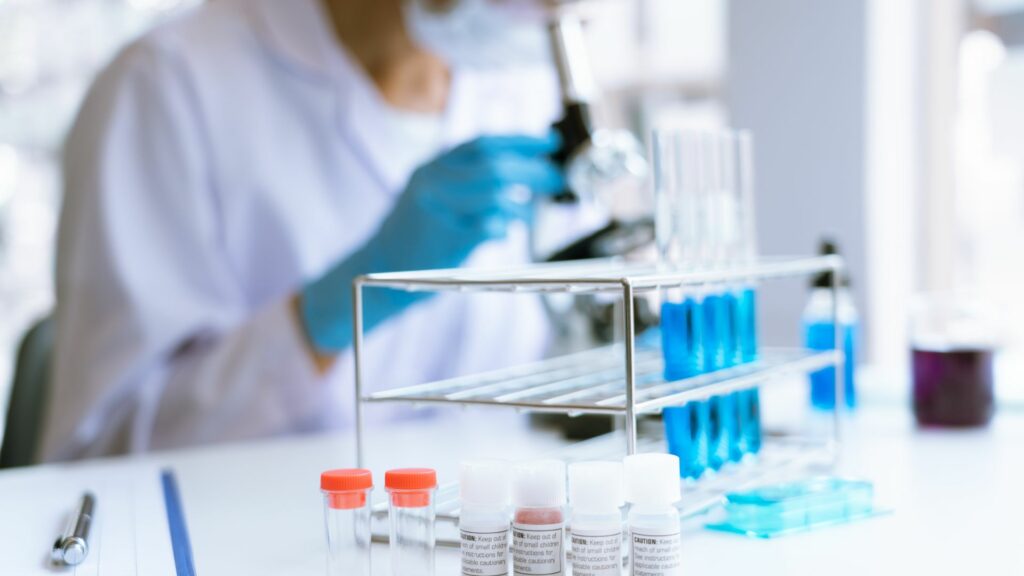Scientists at Maastricht University's MERLN institute and Maastricht UMC+ hospital have successfully grown an identical twin human embryonic structure using only stem cells, without the need for eggs or sperm, according to a university press release on Wednesday.
This breakthrough achievement was made possible by a technological platform that supports the controlled growth of cells, tissues, organs and embryos. Through rapid expulsion of the blastocyst – a kind of stem cell sac from which new life emerges – the embryo was divided into two. This marks the first step in the formation of twins.
The research aims to enhance our understanding of healthy embryonic implantation and development, and provide insights into miscarriages and infertility. Synthetic embryos offer the chance to study essential early micro-processes previously concealed within the uterus.
Twin pregnancies often involve complications arising at the beginning of implantation. It is now feasible to identify these and, potentially, prevent or treat them. The technique also promises improved understanding of the origin, diagnosis and onset of numerous (early) pathological conditions in humans.
The researchers are experimenting with the factors, hormones and other substances that offer optimal embryonic (twin) growth conditions during its first week.
"For the growth of the second week, we have developed an implantation platform, Implantation on-chip, where we culture and study a small biopsy of a patient's uterine tissue on a microfluidic chip to find the best viable conditions for the embryo's implantation into her uterus," explained the study's director, Erik Vrij.

